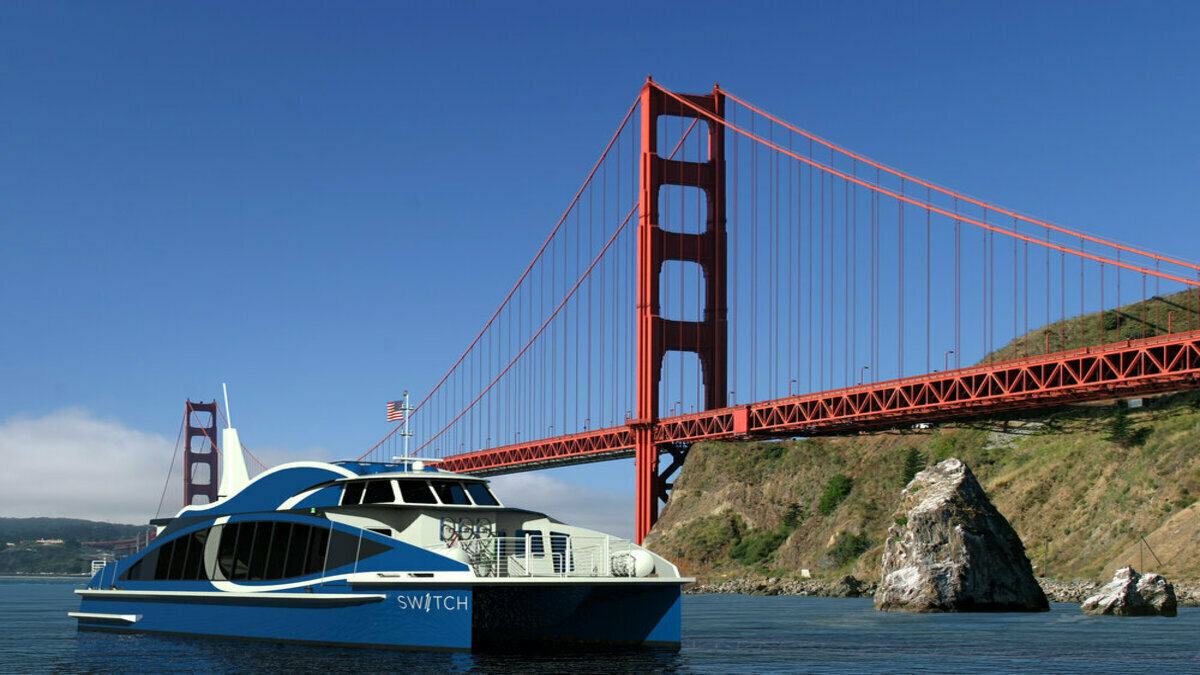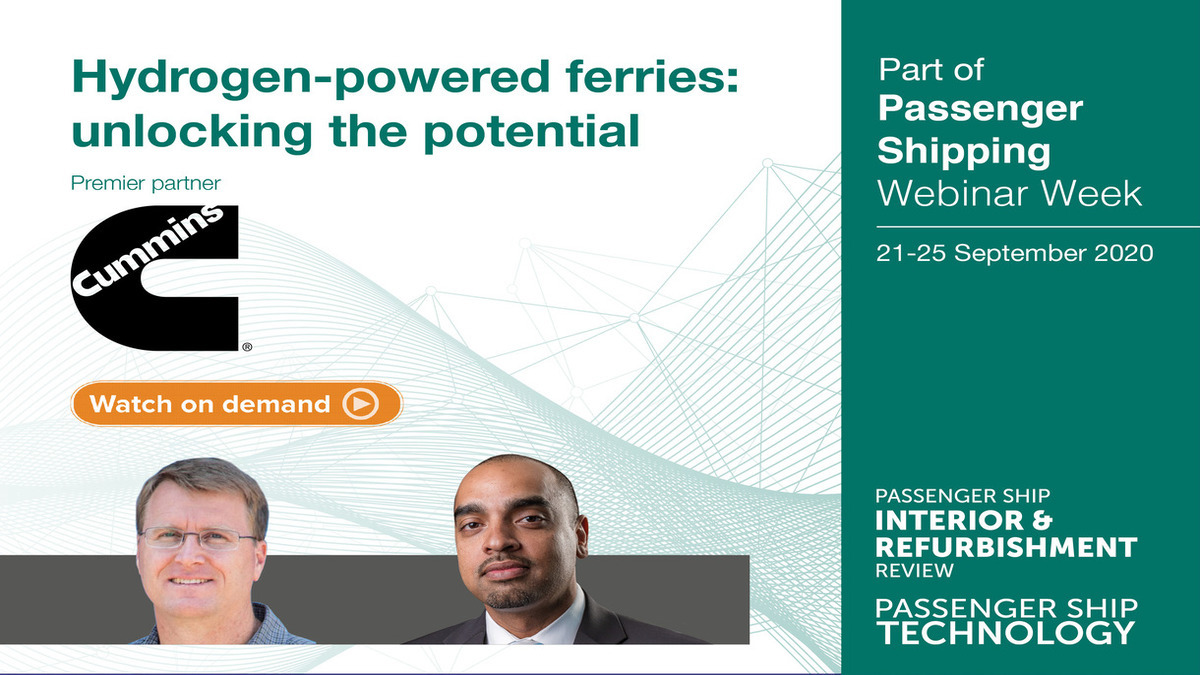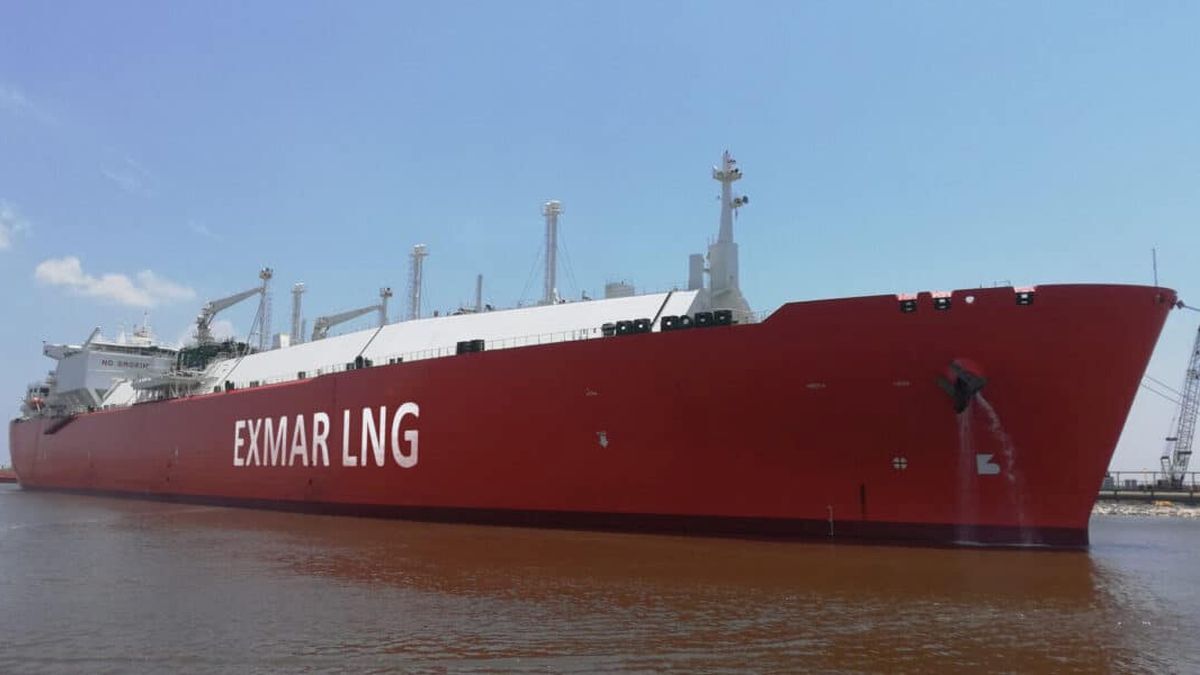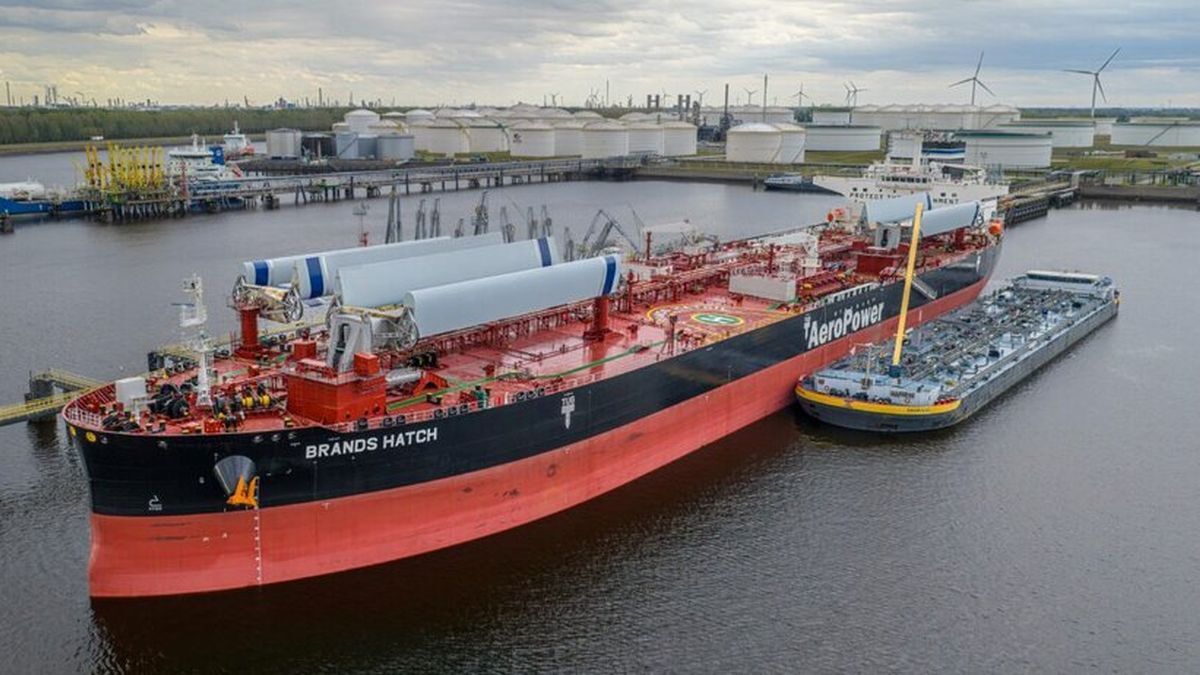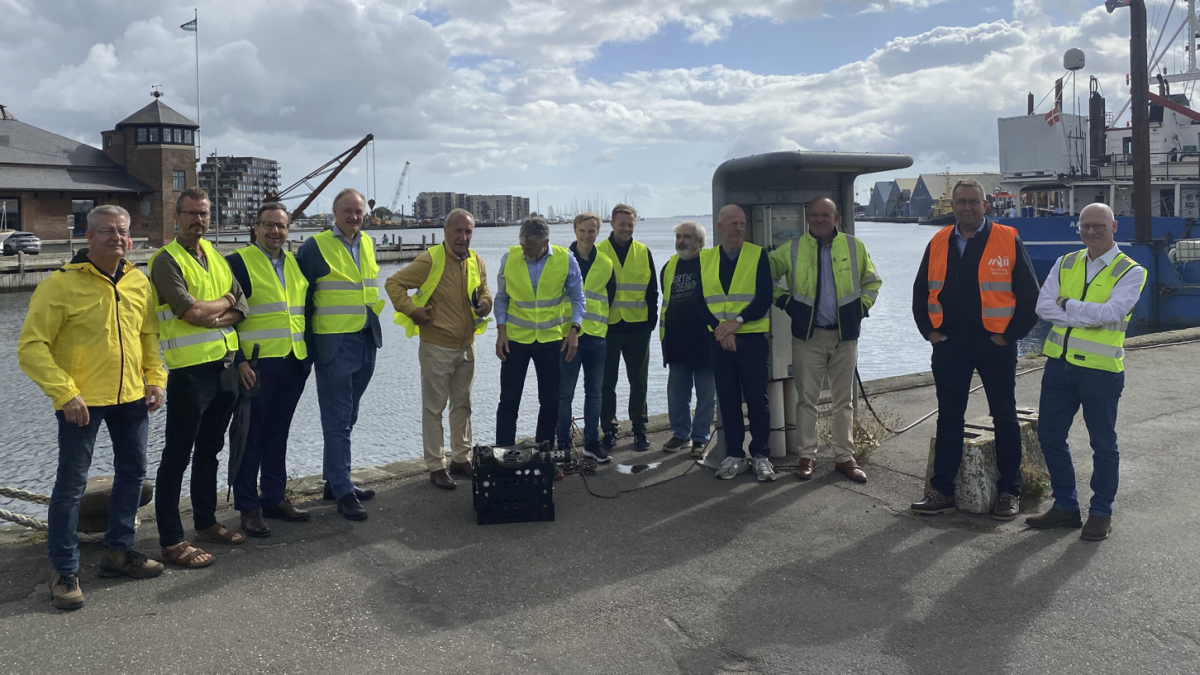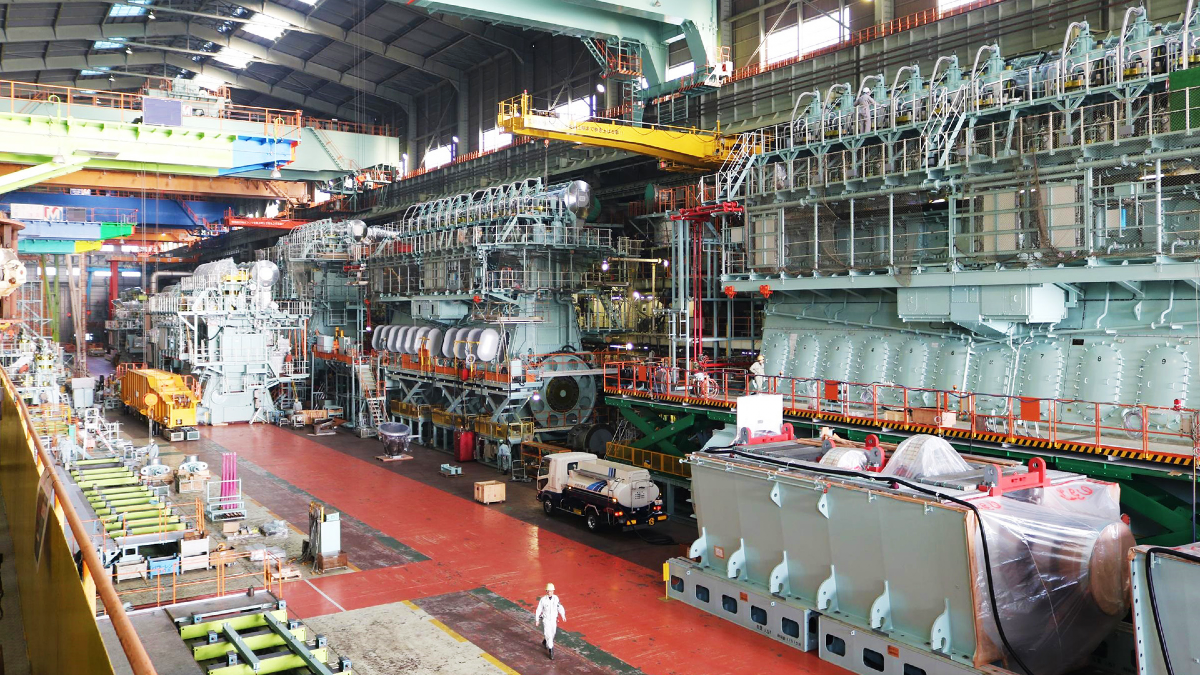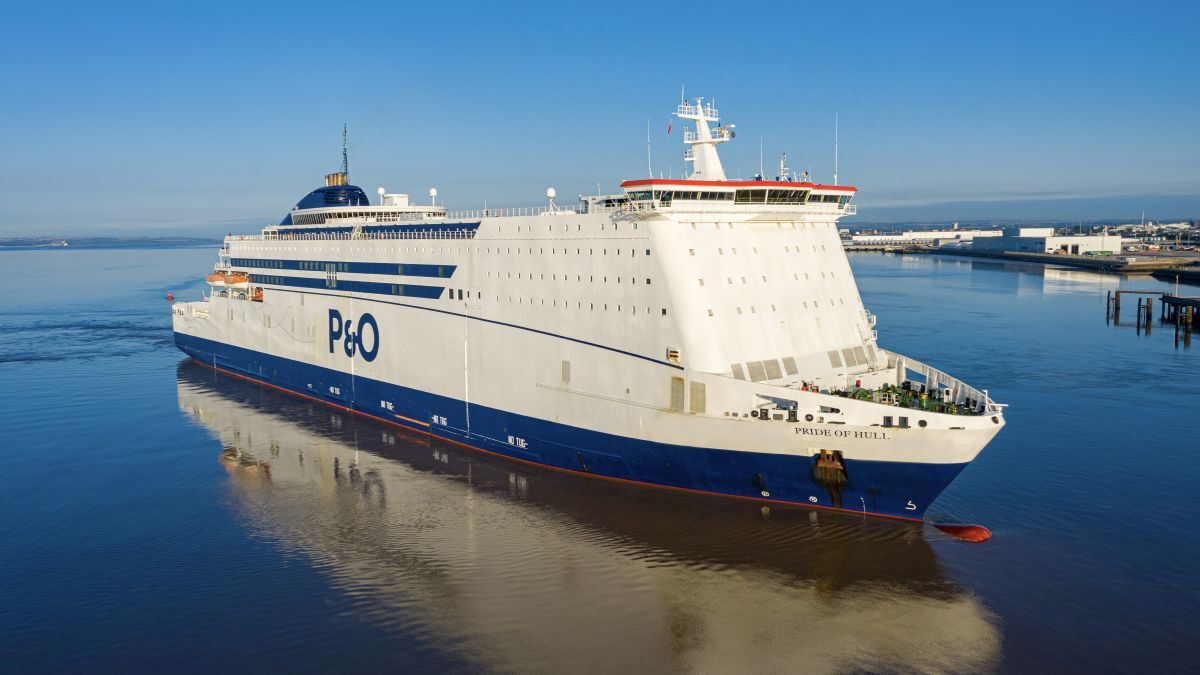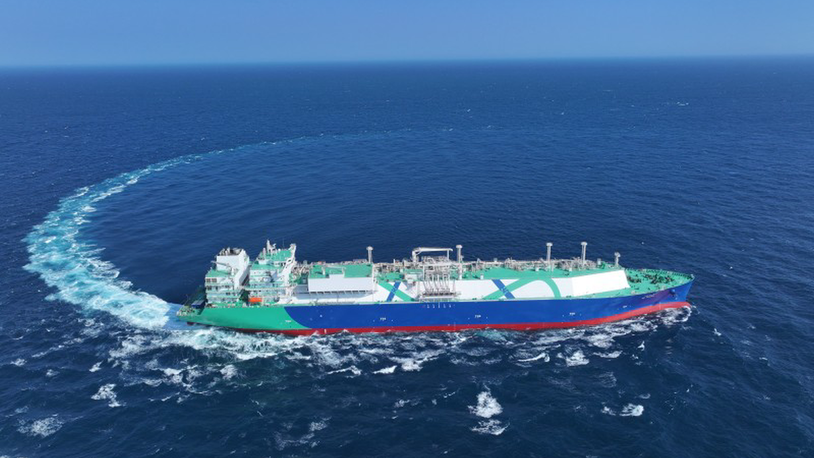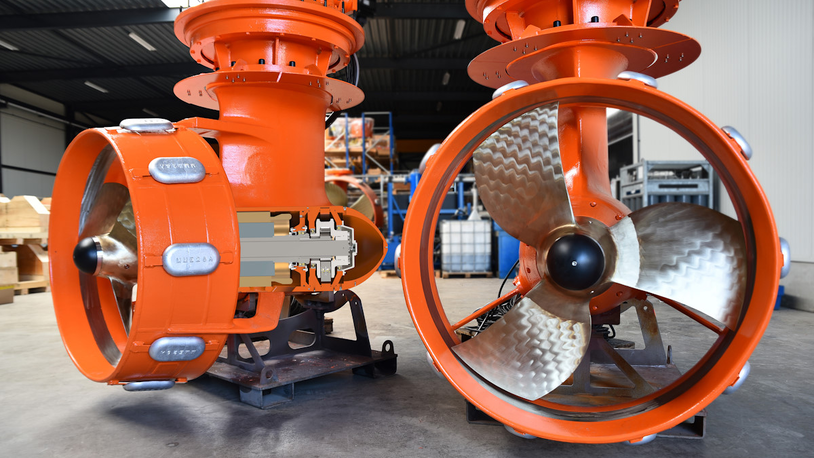Business Sectors
Events
Offshore Wind Webinar Week
Contents
Hydrogen: lower total operating and ownership cost than diesel
With hydrogen propulsion rapidly becoming a reality in the passenger ship segment, experts at Riviera’s webinar Hydrogen-powered ferries: unlocking the potential, discussed the promise of hydrogen fuel, the challenges of scaling up production and the business benefits of fuel cell technology
Cummins Inc director new initiatives for fuel cell and hydrogen technologies Ryan Sookhoo said the ultimate goal is to commercialise fuel cell technology.
Achieving IMO’s 2050 targets will require the industry to scale fuel cell production into the megawatt range and grow the infrastructure required for bunkering, he said. And firms will need to collaborate with partners to determine how that scaling can happen.
Ports are critical to the scaling up process, too.
“Ports really are unique in that they provide great synergy for hydrogen adoption. The success of fuel cell land-based technology like trucks, material handling equipment and stationary fuel will enable the infrastructure to be in place to support marine vessels," Mr Sookhoo said.
As Mr Sookhoo explained, hydrogen infrastructure at a port can connect fuel cell applications together, from stationary generation to backup power, and existing fuelling infrastructure for land transport can be leveraged and extended to refuel marine vessels. This can be achieved by maximising the existing items in refueling infrastructure instead of starting from scratch in building a hydrogen station at ports.
"That’s where we need to work with the regulatory body to understand how the refueling aspect would look for a marine vessel and differ from land, because we are leveraging common equipment. But we also need to define what’s unique to maritime," he said.
"The hydrogen fuel itself could also be generated at the port through renewable sources. By combining land based applications for fuel cells with water based technology, you can actually build a very large capacity station, which will naturally yield lower cost per kilogram for the fuel."
Golden Gate Zero Emission Marine chief executive and chief technology officer Joseph Pratt said the regulatory regime for hydrogen fuel will ultimately be determined by the flag state.
Assuming a given flag state has adopted IMO standards, and in the absence of a hydrogen-specific regulation, a risk-based approach for fuels with similar handling considerations could be applied to hydrogen-fuelled vessels to ensure equivalent or lower-risk levels than conventional diesel vessels, he said.
IMO’s International Code of Safety for Ships Using Gases or Other Low-flashpoint Fuels (IGF) was developed for natural gas and LNG, but Mr Pratt said, "about 90% of it is directly applicable for hydrogen".
"Class, here DNV GL, has rules for classification of ships that covers the actual fuel cell installation itself, and ABS has published a similar guide," he said.
"You have less complicated systems [with hydrogen fuel cells] when you are coming from the diesel engine world, going from hundreds of moving parts to basically a solid-state power system, very similar to a battery."
The prime business benefit of hydrogen fuel is the lower total cost of ownership, Mr Pratt said. Compared with diesel, hydrogen fuel systems have a lower lifetime operating cost, and long-term fuel price certainty compared to fossil fuels is an ancillary benefit.
"The main reason here is that 80 to 90% of the total cost of ownership of commercial vessels is in the operating cost. And the vast majority the operating cost is fuel. So, when we look at the cost trends of hydrogen, as renewable energy, it becomes less and less expensive... which in turn drastically helps your operating cost."
The attraction of the fuel cell, Mr Sookhoo explained, is its high efficiency point; the fuel cell maintains a 50% efficiency over a wide power range.
"Hydrogen from a tank flowing to a fuel cell generates about 50% efficiency. Then, there are natural system losses for power electronics and other integration. But imagine that 50% of efficiency available to you from 10 or 20% of the rated fuel cell power," he said.
"If the fuel cell is rated at 100kW up from 20%, from 20 kW coming out, you’re at 50% efficiency, or if you’re at 80% of that rated engine, you’re at 50% efficiency. The benefit of the fuel cell is is truly that: that it will remain in that 50% efficiency range over a wide power range."
And while panellists acknowledged that battery-operated ferries are more cost-competitive than hydrogen-powered vessels by virtue of operating on fixed routes and short runs, they pointed out that batteries require recharging, making hydrogen fuel more flexible for vessels operating on longer and non-fixed routes.
Mr Pratt explained "You do not need to have a charging system at the dock, you can run for longer durations, you are not confined to specific routes, which means your vessel can move over its lifetime instead of being constrained to one location ... Think of hydrogen as giving you the same flexibility as a diesel ferry.”
Regarding hydrogen’s safety, Mr Pratt noted that while hydrogen is, like fossil fuels, flammable, reducing accumulation and blocking ignition sources will ensure safety.
Poll results:
While 65% of webinar attendees said they did not believe hydrogen to be as hazardous as methane, 67% reported never having handled/used the fuel.
Some 20% of attendees felt that production is the major hurdle to hydrogen vessel adoption, a further 23% believed it was transportation from production to the dock while the largest proportion – 48% – said it was onboard storage and handling.
Ultimately, Mr Sookhoo re-emphasised maximising key infrastructure in ports to enable the uptake of hydrogen fuel cells. While fuel cell integration usually follows electrification of an industry, Mr Sookhoo said in this case he expects it will be driven more by port infrastructure than electrifying vessels.
Mr Pratt, whose firm is building the first hydrogen fuel-powered ferry in the United States, said it is possible to build a viable hydrogen-powered vessel using existing technology and regulations.
"A lot of the things we are talking about here are about how to optimise that system, but none of these things are walls that are blocking the implementation today," he said.
Riviera is producing a range of technical and operational webinars with the industry’s foremost experts. Sign up to view previous webinars, free, in our webinar library.
And sign up to attend our free series of operational and technical webinars on our events page.
Panellists (left to right): Golden Gate Zero Emission Marine’s CEO and CTO Joseph Pratt and Cummins Inc’s Director New Initiatives for Fuel Cell and Hydrogen Technologies, Ryan Sookhoo
Related to this Story
Events
Offshore Wind Webinar Week
Maritime Decarbonisation, Europe: Conference, Awards & Exhibition 2025
Offshore Support Journal Conference, Americas 2025
© 2024 Riviera Maritime Media Ltd.


